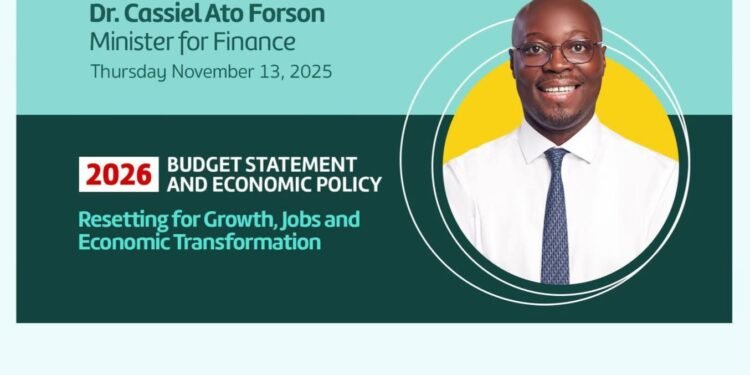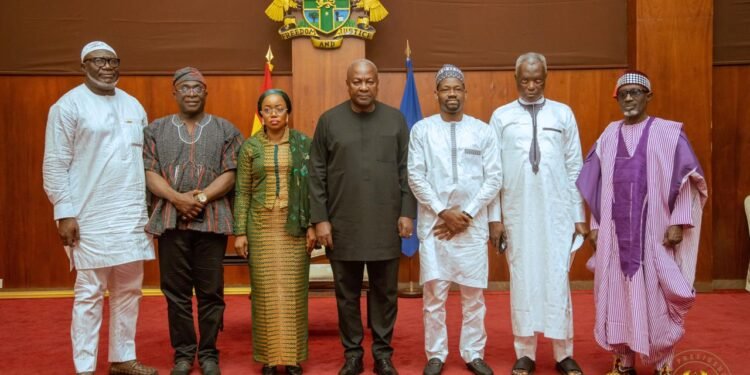The Ghana Movie Awards, established to recognize and celebrate excellence in the Ghanaian film industry, have faced significant scrutiny in recent years, culminating in a rejection of the awards by various stakeholders within the industry.
The Ghana Movie Awards were launched in 2010, aiming to honor the hard work and creativity of filmmakers, actors, and other industry professionals in Ghana.
Over the years, the awards have garnered attention and prestige, celebrating a range of categories from Best Picture to Best Actor. However, despite their initial promise, concerns regarding their credibility have emerged.
Renowned Ghanaian filmmaker, Socrate Sarfo has refused to accept a meritorious award from the Ghana Movie Awards, citing doubts over the event’s credibility.
Socrate Sarfo, who was honored for his significant contributions to the Ghanaian film industry during the awards ceremony on Saturday, January 18, 2025, at the Accra International Conference Centre, made it clear that he would not accept recognition from what he considers an unreliable platform.
Although Socrates was not present at the event, the news of his award was relayed to him afterward.
In response, the filmmaker expressed his displeasure at being associated with the Ghana Movie Awards, which he described as lacking the credibility necessary to honor someone of his standing.
“I want to be recognized by a credible scheme. I have worked too hard to get where I am now. You cannot use my name in a process like this. Please take my name off.”
Socrate Safo
One of the primary concerns industry stakeholders raise is the lack of transparency in the selection and voting processes.
Critics argue that the criteria for nominations and the methods used to determine winners are often unclear. This lack of transparency raises questions about the fairness of the awards.
The composition of judging panels has varied yearly, with accusations that some judges lack the necessary expertise or impartiality.
There have been claims that personal relationships and favoritism have influenced the selection of nominees and winners, further eroding trust in the awards.
The growing dissatisfaction among filmmakers, actors, and fans has resulted in a broader backlash against the awards.
Prominent figures in the industry have publicly criticized the awards, leading to a decline in participation and interest. Some have even boycotted the event, further diminishing its stature.
Implications for the Ghanaian Film Industry

The film industry thrives on recognition and validation. When awards lose credibility, it impacts the morale of filmmakers and actors, who feel that their contributions are undervalued.
With growing discontent surrounding the Ghana Movie Awards, filmmakers turn to alternative platforms for recognition. This could lead to the emergence of new awards or festivals that prioritize transparency and inclusivity.
The rejection has sparked discussions about the need for reform within the awards system. Stakeholders are advocating for a more transparent and inclusive process, potentially involving industry-wide consultations to establish new standards.
Socrate Sarfo’s rejection has raised questions about the integrity of the Ghana Movie Awards, which has previously been criticized for its management and selection processes.
Despite the honor being intended for stakeholders who have significantly contributed to the growth of the local movie industry, Socrate made it clear that he values authenticity over recognition from an institution he perceives as flawed.
Defining clear and accessible criteria for nominations and judging helps build trust among participants. This includes publishing the judging process and criteria on official platforms.
Actively involving filmmakers, actors, and other stakeholders in the planning and execution of the awards fosters a sense of ownership and collaboration. This could include regular consultations and feedback sessions.
Implementing online voting systems and transparent data management enhances the credibility of the awards. Technology facilitates greater engagement and participation from fans and industry professionals alike.
The rejection of the Ghana Movie Awards over credibility concerns highlights the need for introspection and reform within the Ghanaian film industry. As stakeholders call for change, the future of the awards hangs in the balance.
By addressing transparency, inclusivity, and engagement, the Ghana Movie Awards potentially reclaim its status as a credible institution that celebrates the rich tapestry of Ghanaian cinema.
The path forward will require collaboration, commitment, and a shared vision for the future of the industry.
READ ALSO: EC Opens Nominations for Regional Representatives to Council of State






















